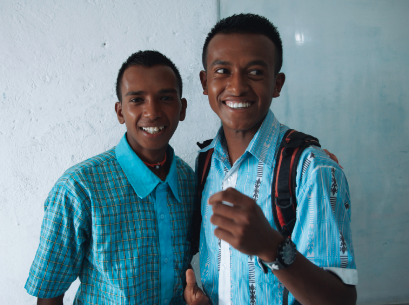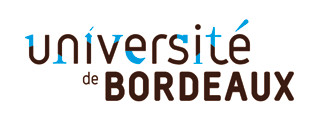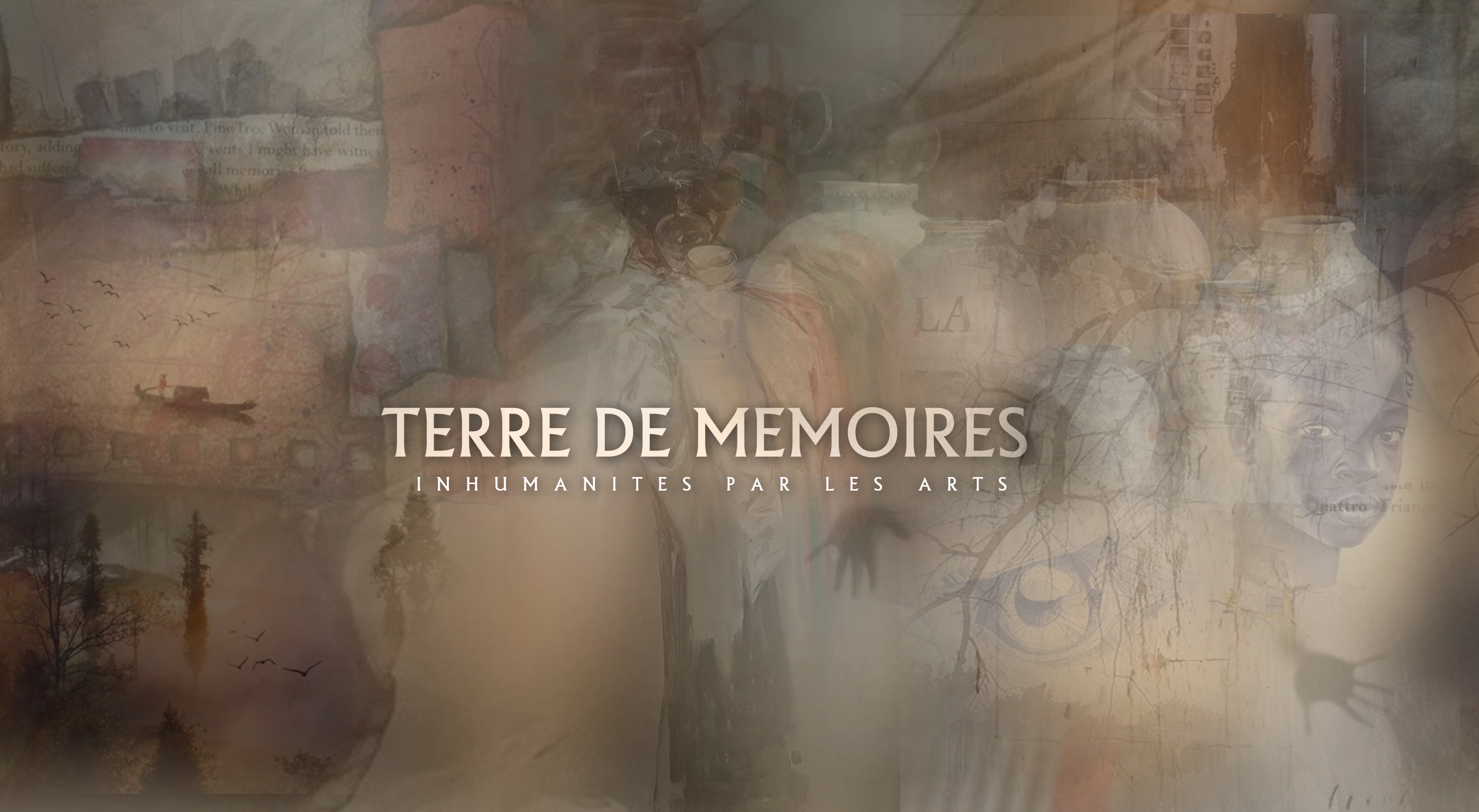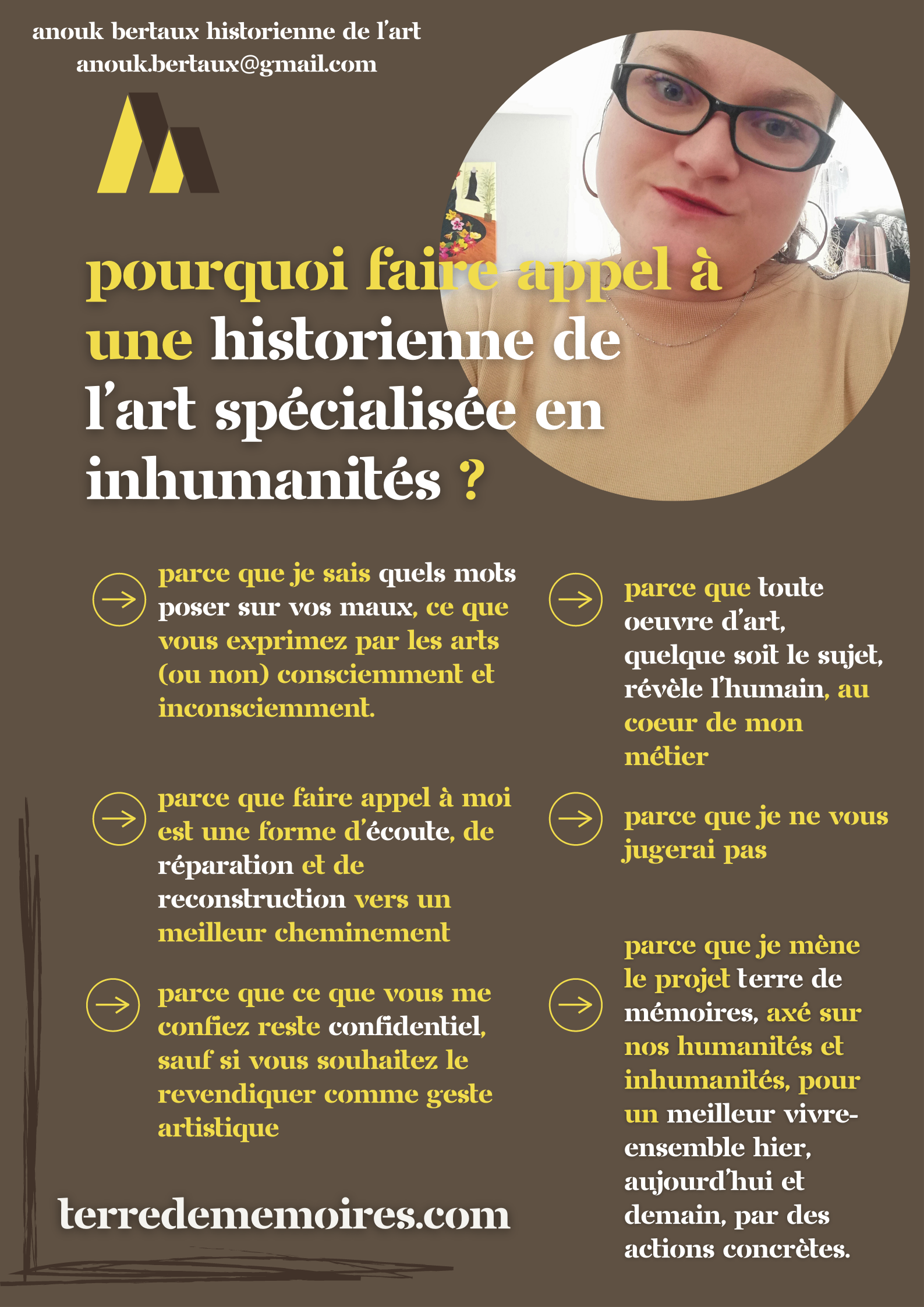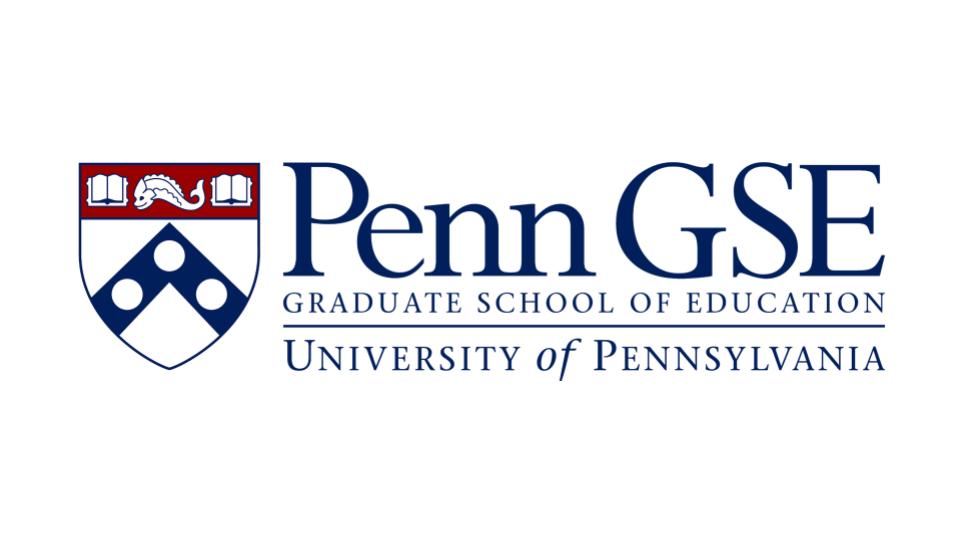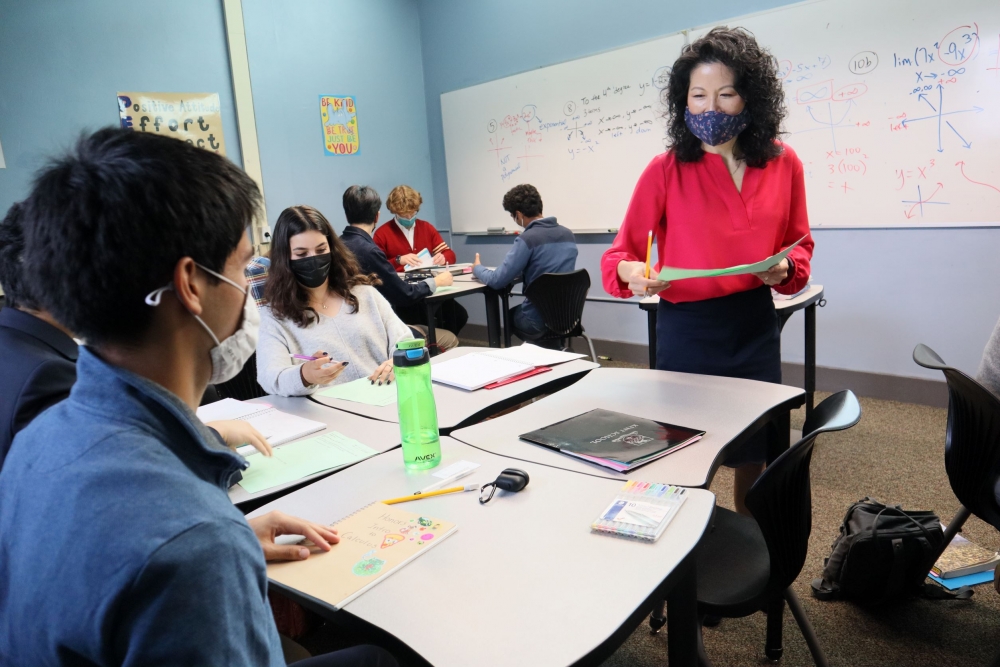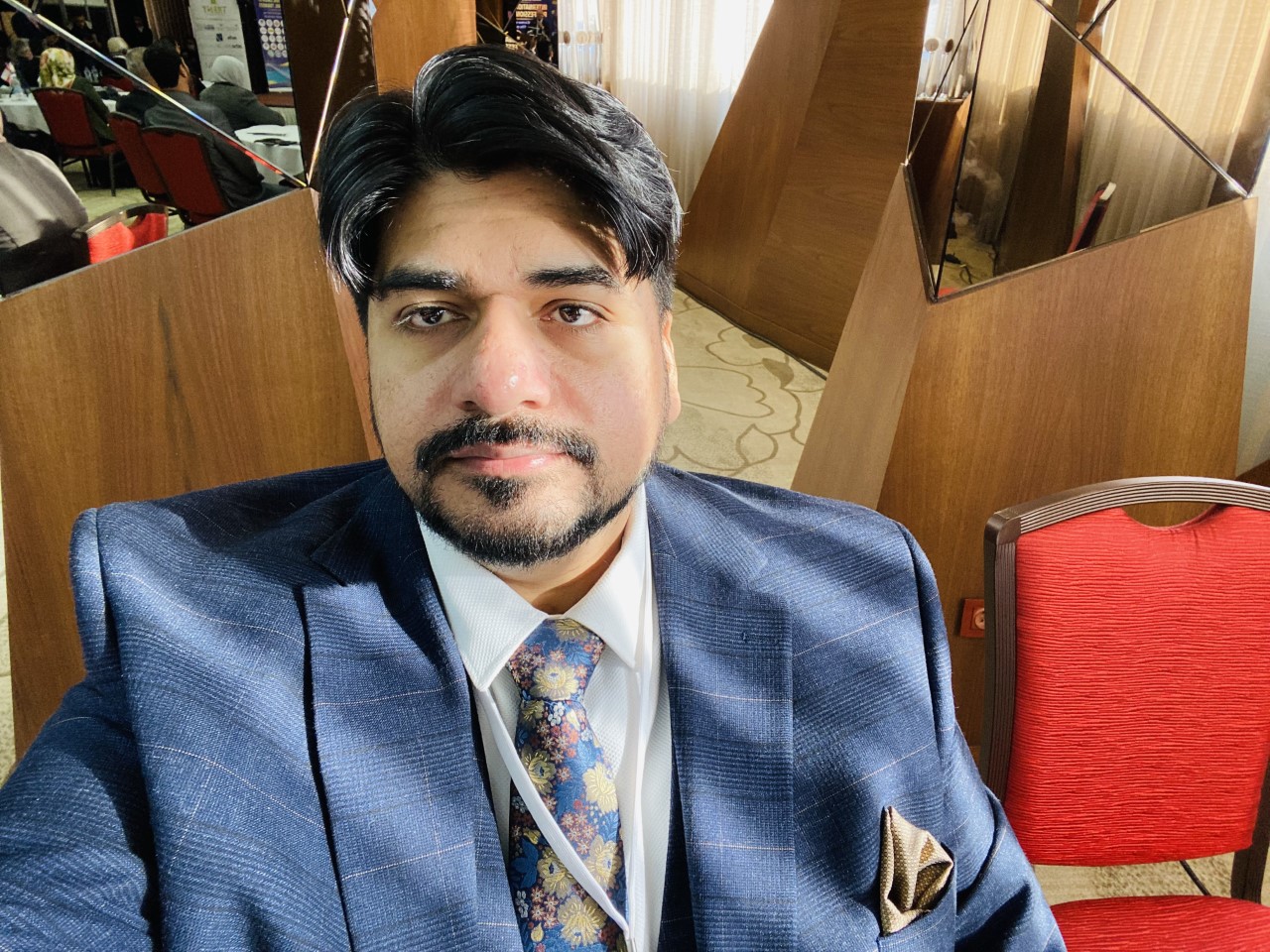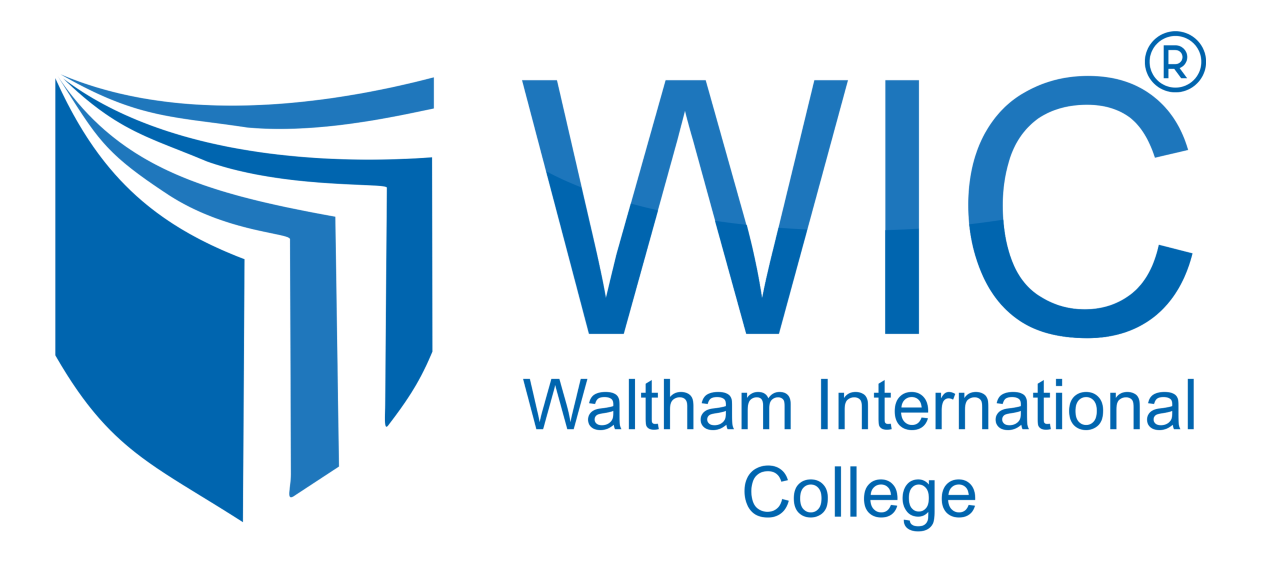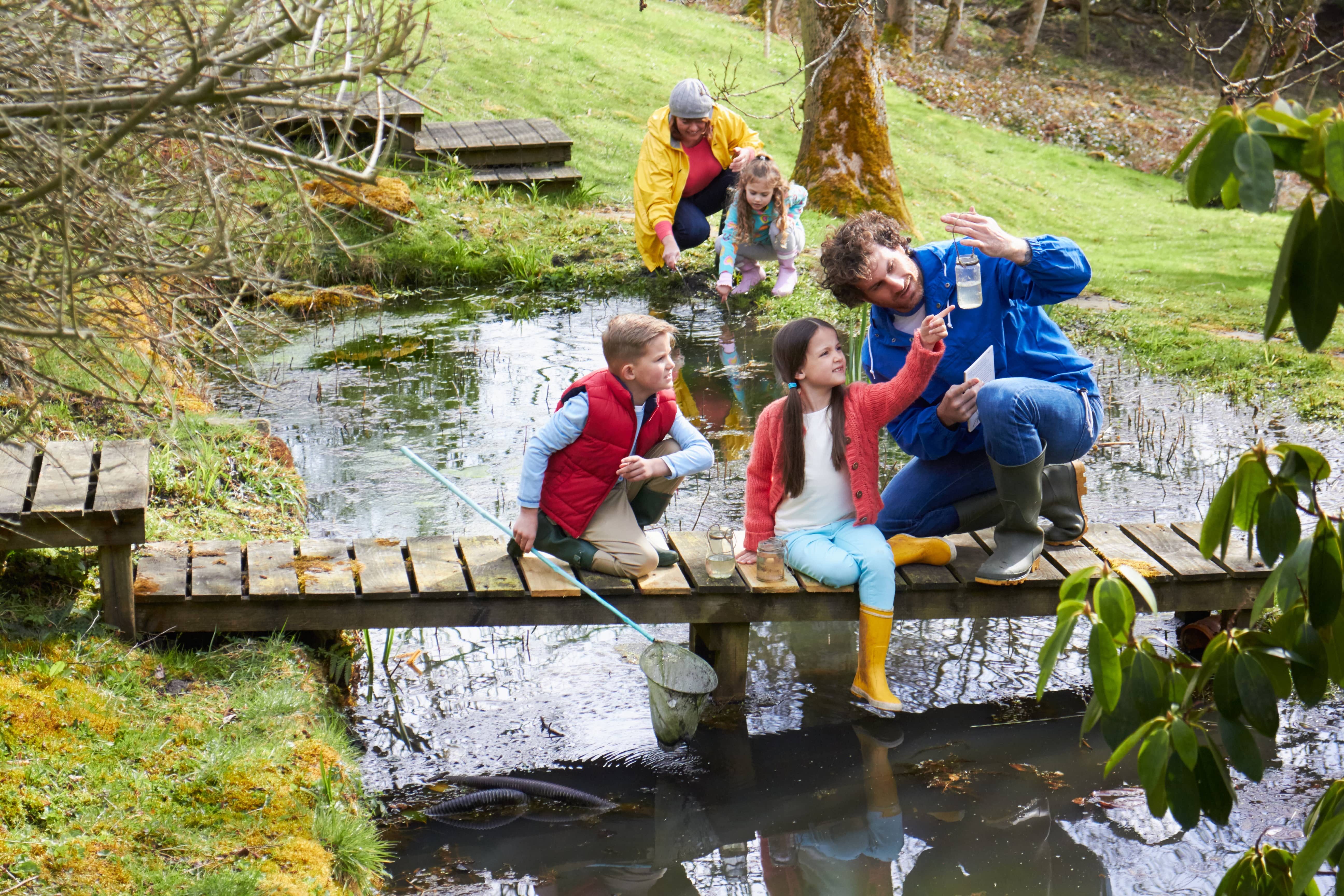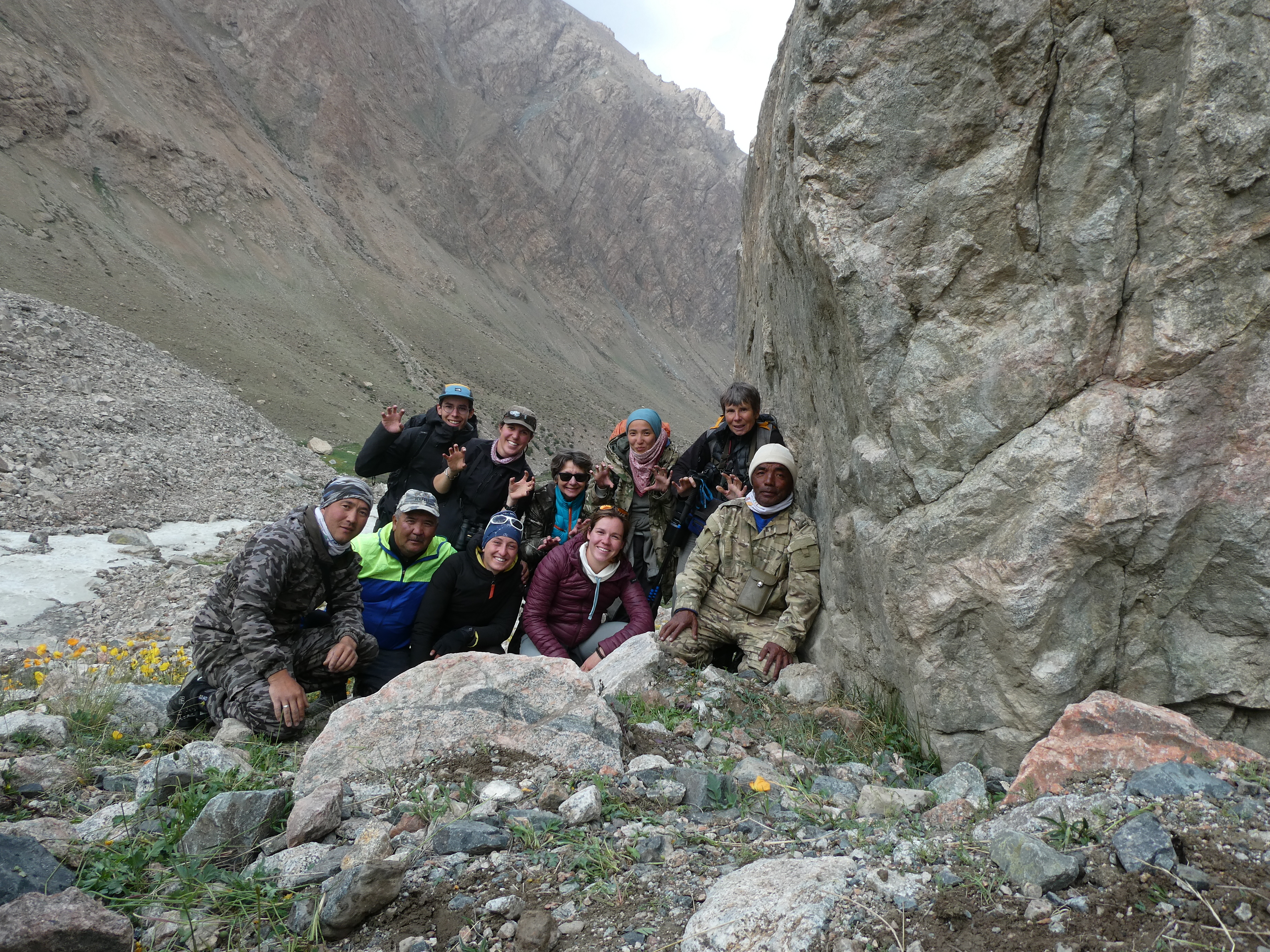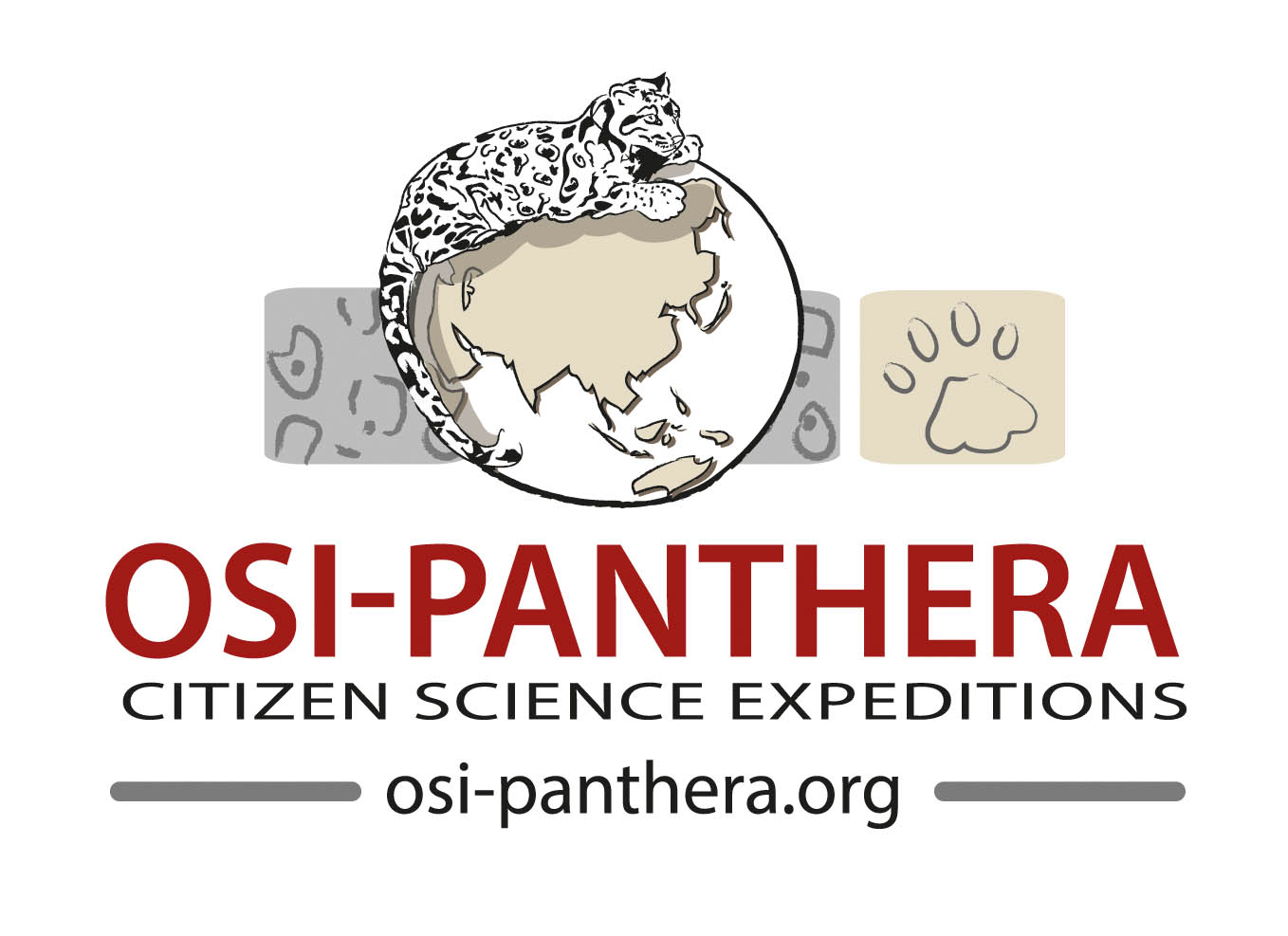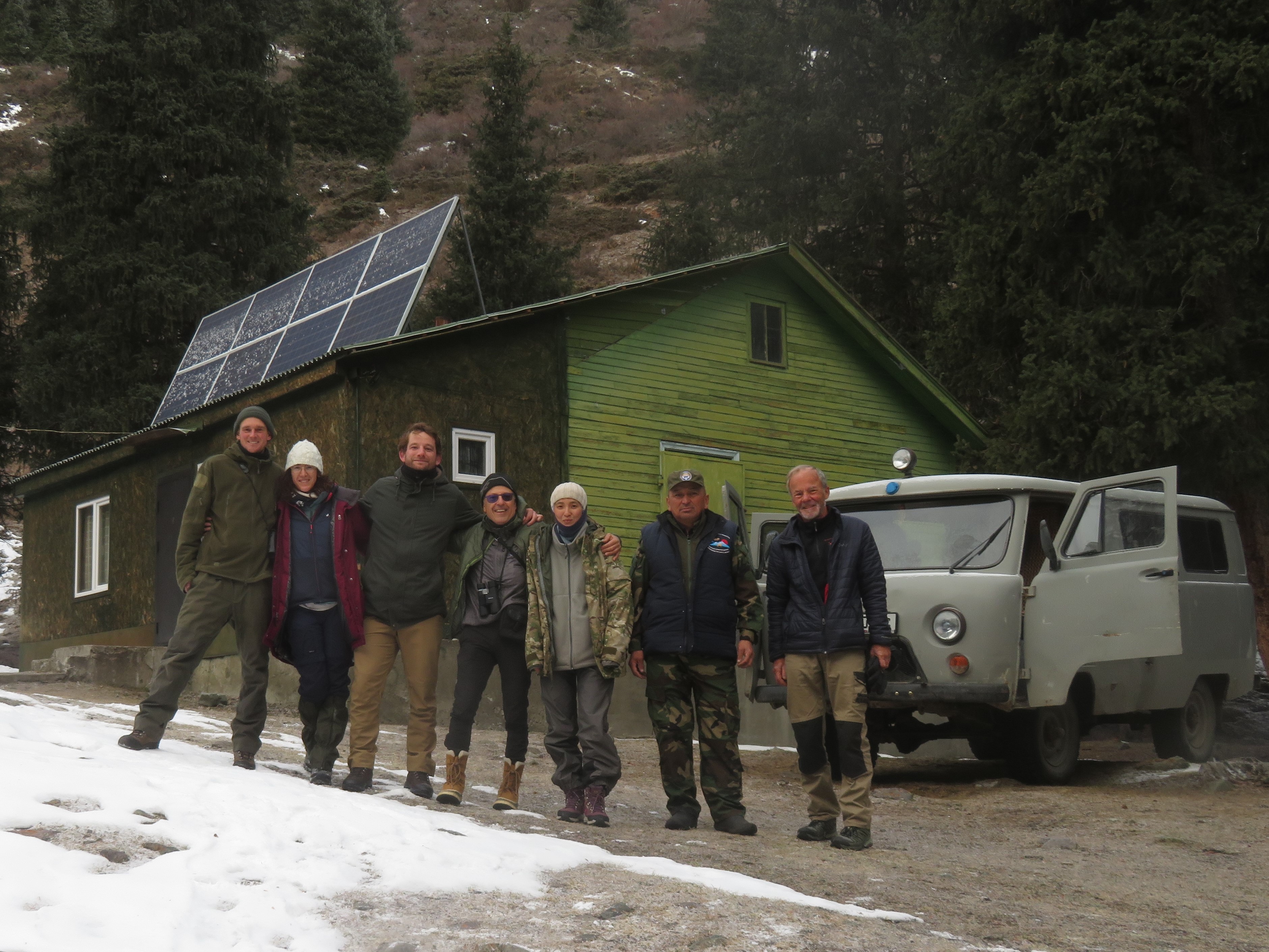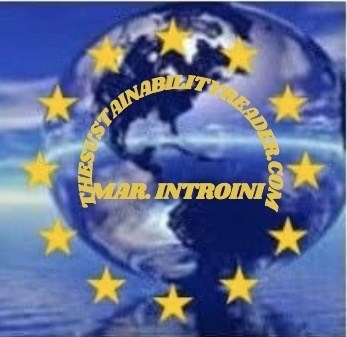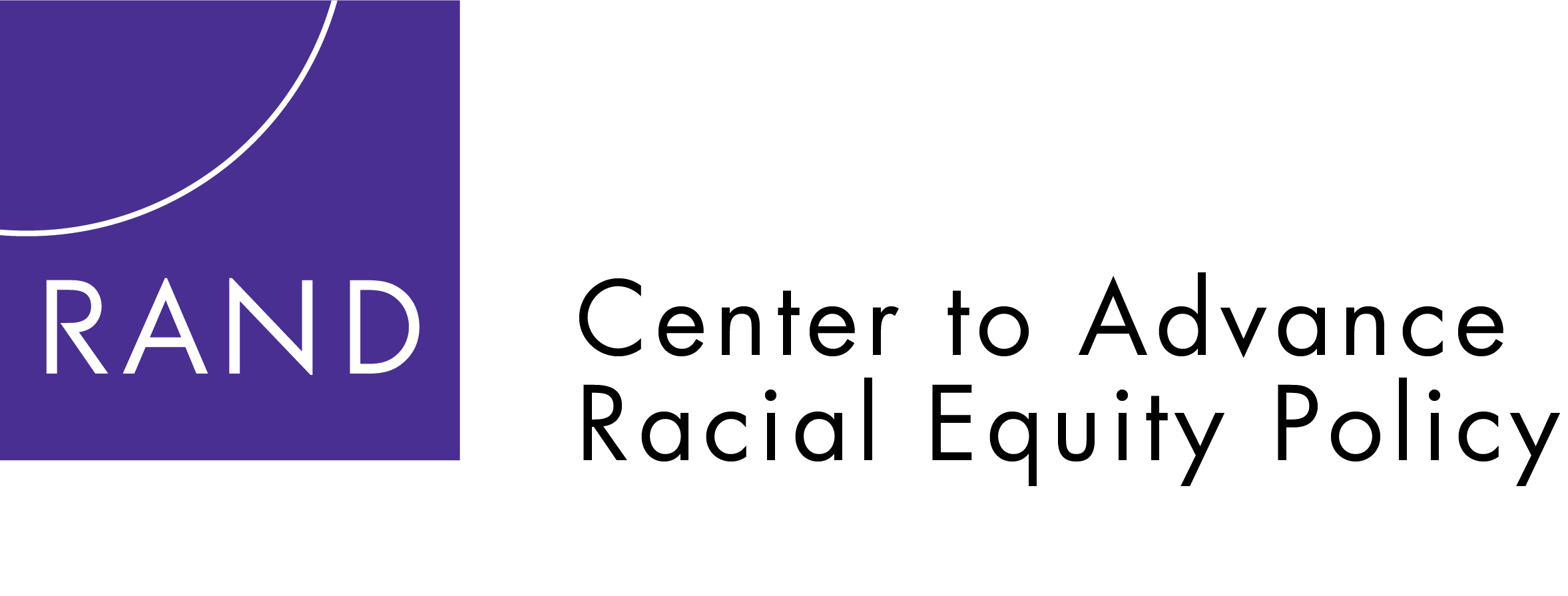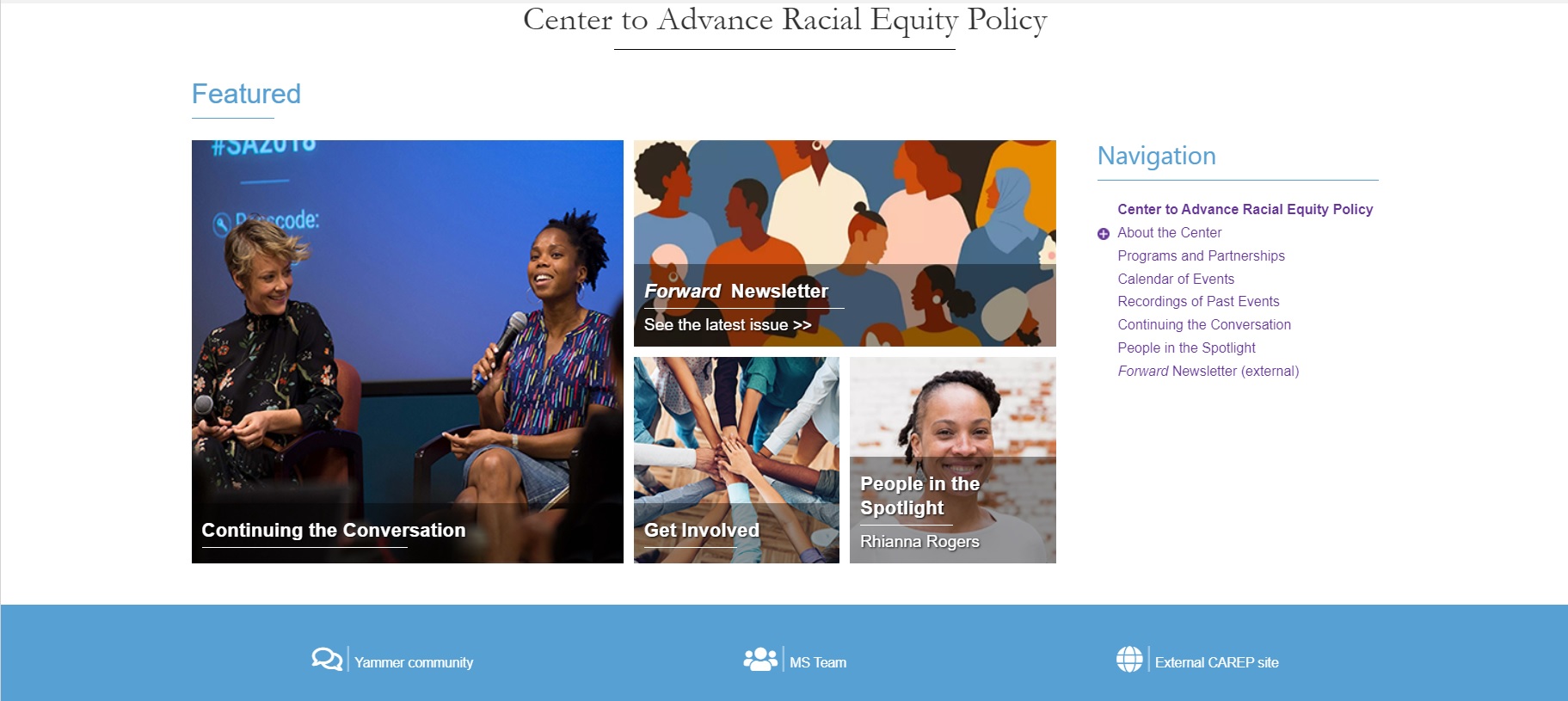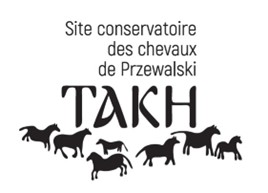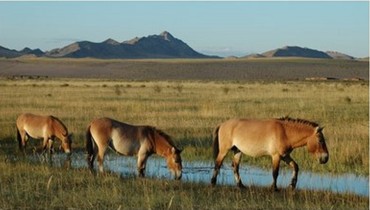Home > Full program > Project Based Learning for Peace and Development - Annual International Conference 14th December, 2023, Geneva
Introduction
10th Annual International Conference on Inclusive Education and Project Based Learning for Peace and Development - 14 December, 2023, Geneva
(Other continental or worldwide networks, please contact us) Please forward to everybody you know active in the domain.
Bellow the Call for Contributions (Call for Abstract).
For all proposal of communication for the Program, please use the form on this page.
Call for Contribution 2023:
International Annual Conference on the Project Based Learning for Peace and Development
in the frame of the 15th GENEVA FORUM, December 112-15, 2023
Geneva, Switzerland
The program
| Thursday 14 December, 2023
from 13:30 to 18:00 Wednesday evening, from 19:00 to 23:00 : Networking Dinner of Education and Project Based Learning networks for Peace and Development Networks |
FREE ENTRANCE UNDER SUBSCRIPTION (United Nations Access Pass) |
| Presentations will be held in english and french. Debates and questions will be organized in english and french. | |
| Leading Projects of Education to Science and Citizen Sciences since 1992, and creating 1st Participatory Researches Camps in 2004, the NGO Objective Sciences International have the Special Consultative Status to United Nations. Active in all continents, the NGO organize every year, since 2012, the International Annual Conference on Rights of Nature in United Nations, at which one participate all Governments actives in this domain or interested by these works. From 2016, and every year, OSI organize into the heart of the United Nations hemicycle the International Annual Conference on Inclusive Education for Sustainable Development, in order to allow all the actors and operators in these domains to exchange, meet and share directly and at the largest international level. | |
| Inclusive Education Operators of Education formal or informal, Alternative Pedagogy, and science of education who exchange already at national and continental levels (Europe, America, Asia, Africa, Middle-East...) and who desire to exchange together, and share practices and solutions, at the world level, meet together at the Annual International Conference organized in the United Nations. | |
Project Based Learning / Problem Based Learning / Research Action
Several public or associative organizations that are active in the domain of Education, federated or organized, at the international level. The main national actors, the federations, and the specific operators, organized presently at the international level, and are called to meet annually at the end of the civil year, at the International Annual Conference on Inclusive Education and Project Based Learning for Peace and Sustainable Development, at Geneva.
This annual space of sharing results and pooling of skills, allow to the actors of the domain to exchange practices, solutions, ideas, needs.
Your Annual Exchanges Resource
In the following of the national and continental meetings that are organized in each country and continent by the local federation, this International Annual Conference at Geneva allow the actors to implement in consultation, or to inform mutually, of progress and actions they lead during the year, or that they have in project.
The participants at this Conference are:
- Local and regional actors of different countries
- Thematic Actors by disciplines
- Regional or national federations
- Thematic Federations, by disciplines
- Large Institutions of Education and Instruction
- Regional agencies of Education (Academies...)
- Governmental departments (Education, Research, Environment, Tourism, Industry ...) and international associations of Ministries
- Specialized Journalists (science, environment, education, tourism, sustainable development ...)
- UN agencies (UNESCO, IBE of UNESCO, UNDP, UNEP ...)
Subjects that are in the agenda of this year are:
- Sustainable Development of Education
- Education and Instruction for Sustainable Development
- Education as a social agent (poverty reduction, peace maker)
- Education 3.0
- Education and Instruction : a tool for Development and Science
- Hospitality and openminding to Others by the Education
- Policies on Education and Instruction of quality
- The Sharing Economy and Education
- New types of Instructions
- Education management front of the Responsible entrepreneurship
- Sustainability Trends in the Education
Detailed Program
Exchanges between stakeholders of the meeting will happen in a round table between speakers and debates with the audience of the Assembly.
Organiser : NGO Objectif Sciences International, Geneva
Chairman : Thomas EGLI, Founder of Objectif Sciences International, Head of the GENEVA FORUM
Moderators : Christa MUTH, Professor at the University of Applied Sciences Western Switzerland
Here the Programme of the 5 days of GENEVA FORUM of December 2022, where are described the sessions dedicated to the Conference on Education and Project Based Learning Peace and Sustainable Development Goals.
Official Opening Session - Thursday 14 December 13:30
Session organised by Objectif Sciences International in the frame of the International YEar of Sustainable Tourisme for Development.
- Keynotes
- Remarks on current situation
- Remarks about concepts of the International Annual Conference
Presentations currently proposed for 2023
Presentations done in 2022
Validated Presentations
The Role of Civil Society Partnerships in Transforming Timor-Leste’s Education Sector: A Case Study of NGO BETTER ORAL PRESENTATION
Civil society organisations are playing a pivotal role in rebuilding Timor-Leste’s education sector. However, more research is needed to understand how CSO partnerships can help bridge the gap between approved government policies and implementing mechanisms to achieve policy goals. Our research project seeks to understand this gap by problematising two things: the Theory of Change of actors involved in rebuilding Timor-Leste’s education sector, and the assumption that tension between actors is more often than not a bad thing in development. We present a case study of our CSO, Building East Timor Through Education & Resources (BETTER), sharing our journey and projects of developing a national curriculum and teacher training program as an entirely volunteer-based organisation.
To emphasise the complexity of education practices and institutions, our research project is framed by the concept of Assemblages which represents education as a constellation of heterogeneous elements including social relations, institutional arrangements, material substances, technologies and discourses. In doing so, our research offers insight into the threats to progress faced by those working towards an equitable education sector.
Mr Maxim MANCINO, Building East Timor Through Education & Resources (BETTER), Australia, https://bettertimor.org/
Social representations of specialized teachers on the schooling of children with disabilities in Burundi ORAL PRESENTATION
The conceptual evolution of the concept of disability towards "situation of disability" or "special educational needs" has influenced educational transformations towards children with disabilities (ESH). At the same time, social representations have proven to be the driving force behind the orientation of educational policies. Currently, the inclusive perspective is applied in national contexts, but with great variations. In Burundi, ESH have been excluded from the education system for some time and it is since 2010 that Burundi has committed to the inclusive perspective. This article allows us to understand the social representations of teachers in special education centers about inclusive education. To do so, we started with the question: How do special education teachers represent the schooling of ESH in the Burundian educational environment? And the provisional answer was: "teachers in special education centers express reservations about the schooling of ESH". This study was conducted with 64 teachers, 54.7% of whom were female and 45.53% male. The data collected by questionnaire were processed in SPSS. The pre-test included 5 teachers and took place in August 2021 and the actual survey from September to December 2021. Using the chi-square test, the hypothesis was tested. This study showed that teachers in special education centers believe that conditions in regular schools in Burundi are unfavorable for children with disabilities. The majority of them express discriminatory representations. They even manage to categorize the types of disability to be excluded from the ordinary environment. They expressed reservations about the enrolment of ESH in mainstream settings. In this study, the semiological image dominates the representation of disability among these specialised teachers, since the word impairment constitutes the core of the representation of disability.
Mr Révérien NSIMIRIMANA, Université de Bordeaux, Burundi, www.u-bordeaux.fr
Terre de mémoires : the projet to form, transmit and sensitize inhumanities through the arts to reconcile humans ORAL PRESENTATION
Born in reaction to the increase of violence and the persistence of human facts tending to the loss of humanity on a global scale, this project wants to be an attempt at re-humanization. Created in November 2021, the project is present in six countries and brings together some twenty committed personalities, including artists, lawyers and others. Land of Memories is a project that mixes different resources, in perpetual evolution and of different origins and artistic sectors in order to guarantee a constant movement and adaptation. Terre de mémoires is articulated on an original and collective basis: its specificity is based on the learning and the transmission of knowledge around the concept of inhumanity.
Two main axes, the first of which is training for all audiences in public and private structures and private structures, around the pedagogy and the teaching of what are these inhumanities (origins, consequences and future prospects). The second axis is the realization of workshops of artistic expression for any public in any possible structure. These workshops will be assured with the partnership of artists of all horizons, whose work is in with inhumanities. The themes will not only focus on the subject of Land of Memories, but also the beginnings of these inhumanities, including racism and discrimination. It is through the cooperation and valorization of artists from these disciplines, that the workshops of learning and transmission of the concept of inhumanity will be forged, allowing for a better knowledge and collective experience. Terre de mémoires, an attempt to re-humanize.
Mrs Anouk BERTAUX, Organisation Terre de Mémoire, France, https://terredememoires.com/
Project-Based Learning for Global Climate Justice ORAL PRESENTATION
Climate change is one of the most serious threats facing humanity. K-12 schools and higher education institutions can play a pivotal role in responding to the climate crisis by creating opportunities for students to have a meaningful impact on their communities now while also inspiring their commitment to this work in the future. It is for this reason why the UN’s Sustainable Development Goal 4.7 calls for transformative education including environmental and climate education that delivers not only the knowledge, but also the competencies, values, and skills necessary for current and future generations to achieve the goals outlined in the 2030 Agenda and the Paris Climate Agreement"; (www.mission4point7.org). Yet if schools and teachers are to respond to this call, then they need support in designing and implementing transformative learning experiences. The University of Pennsylvania Graduate School of Education’s Project-Based Learning (PBL) for Global Climate Justice program aims to prepare educators to do just that. The first, entirely virtual iteration of this program launched in September 2022, bringing over 100 educators from over 20 countries together to design project-based curricula focused on the problems and questions of global climate change. Over the course of this five-month program, our team collected participants’ pre- and post-program surveys, feedback forms, reflections, and facilitators’ memos, and analyzed them in order to better understand how this sort of professional development around environmental education can be scaled, so that it reaches a wider audience, and sustained, so that its effects transfer and last over time.
In this oral presentation, we take up the specific questions:
![]() 1) How have the ideas and practices from this program shown up in participants’ teaching practice?
1) How have the ideas and practices from this program shown up in participants’ teaching practice?
![]() 2) What are the barriers to this sort of professional development?
2) What are the barriers to this sort of professional development?
![]() and 3) What elements of the program do educators report as being most (and least) important in supporting their learning? We hope that answering these questions will help teacher educators and professional development providers expand the impact of our collective efforts to support authentic and action-oriented climate justice education.
and 3) What elements of the program do educators report as being most (and least) important in supporting their learning? We hope that answering these questions will help teacher educators and professional development providers expand the impact of our collective efforts to support authentic and action-oriented climate justice education.
HAUSBURG Taylor and HERRMANN Zachary, University of Pennsylvania, United States, www.gse.upenn.edu/academics/center-professional-learning
Role of Education as an instrument of social change and development ORAL PRESENTATION
The role of education as an instrument of social change and development is highly regarded today and widely discussed. Education brings changes in the outlook and attitude of society. Education plays a critical role in alleviation of poverty and peace promotion. Unlike the traditional Educational system and its role, the cotemporary educational model is seen as an instrument of change. Education equips societies and individuals with knowledge, skills and values that are crucial for social and economic development. Education nowadays is also addressing and combating with the structures of poverty. This oral presentation will explore the concept of social change, the role of education in economic stability and as an investment, education as a discipline and how education affects the social and cultural behaviours of individuals.
The presentation will also explore the positive effects of education on peace. It will also shed some light on how education can affect the violent conflicts and what role it can play to promote peace and harmony. The presentation will also discuss how education can promote sustainable development, human rights, promotion of a culture of peace and nonviolence and global citizenship. The presentation will also explore how conflict sensitive education can be developed. It will also include some key recommendations to Governments.
Mr Touseef Mohammad, Waltham International College, United Kingdom, www.wic.ac.uk
KOKEO LIVING CENTRE IN CHAD: Women’s empowerment for sustainable development ORAL PRESENTATION
The actions of the Chadian government and the combined actions of partners supporting development and the empowerment of women make gender inequality one of the greatest challenges.
With this project, we wanted to reinforce these existing actions by favouring, accompanying and encouraging the professional and socio-economic integration of young girls and women and by enabling them to:
![]() the increase of the beneficiaries’ income resulting from their participation in the training
the increase of the beneficiaries’ income resulting from their participation in the training
![]() the increase of self-employment, thus contributing to a reduction of poverty in the localities
the increase of self-employment, thus contributing to a reduction of poverty in the localities
![]() increase the number of competent girls who apply responsible citizenship
increase the number of competent girls who apply responsible citizenship
The actions undertaken by the project are part of a dynamic of continuity by benefiting from a real coordination mechanism upstream and follow-up downstream.
Initiated within the framework of the KOKEO concept and inspired by micro-projects already carried out on the ground by some member organisations.
This project is an effective response to this challenge through the implementation of specific activities over a period of 5 years to achieve the expected results.
With the intention of covering ten (10) localities in Chad based on their potential, this project aims to enable 10,000 vulnerable women and girls in particular to have full access to basic social services that will subsequently support their families.
The basis of our initiative is to promote, support and strengthen the professional and socio-economic integration of young girls and women while developing their social and civic skills!
Mrs Vaddana KEO, Fondatrice-Présidente, and Mr. Bruno de Monteynard Responsable de la Commission de plaidoyer en charge des relations avec ONU, KOKEO, Chad, www.kokeo.org
Development of a participatory research project at the example of Effective Microorganisms in Germany-Austria-Switzerland (D.A.CH) ORAL PRESENTATION
Scaling a Multinational Participatory Research Project: What Vision, Mission and Strategy to adopt? This is the exciting and important phase that the OSI project on the topic of effective microorganisms is currently going through. The aim of this project is to offer, from 2023 onwards, unique scientific vacations and school trips in Germany, Austria and Switzerland, in order to contribute, together with children and teenagers, to the scientific know-how of this still too little known topic, by means of experimentation and exploration ; and all this within the framework of solidarity and participative scientific camps.
Mrs Tania HABEL, OSI-GERMANY, Germany, www.wissenschafts-camps.de
OSI-Kyrgyzstan; Participatory science missions in Kyrgyzstan ORAL PRESENTATION
Discover a program allowing the implementation of participatory science missions in Kyrgyzstan in collaboration with local organizations. All this via the contribution of material and human resources, the sharing of know-how, the training of local guides (language, culture, group management in the mountains and safety, contribution of naturalist knowledge), the training of guards and connecting with trusted service providers. Cultural exchanges are at the heart of the project and as soon as possible we also include Kyrgyz teenagers and students in our field missions. So far we are working mainly with OSI-Panthera and a project is underway with OSI-Biodiversita.
Mrs Anne-Lise CANABAT, OSI-KIRGHIZSTAN, Kirghizstan, www.osi-ngo.org/groupes-locaux/article/osi-kirghizistan
Feedback from a Participatory Research Programme expedition OSI-Panthera ORAL PRESENTATION
After participating in an expedition with the OSI-PANTHERA team, I was able to learn more about the functioning of a reserve in Kyrgyzstan (Central Asia), counting animals and their identification. We also understood the importance of the preservation of the snow leopard in relation to the ecosystem and the impact for the inhabitants (work-mission).
It was an enriching experience, scientifically and humanly. it was a pleasure to discover the Kyrgyz culture, their incredible sense of observation and patience and to have been able to help them.
Mrs PONCON Camille, OSI-Panthera, France, www.osi-panthera.org
Globalisation is about creating a new kinetic system, not centralising old models ORAL PRESENTATION
The current not consolidated global model of living within a status quo based on multiple crisis exacerbated by pandemics is pushing into an emergency at political decision making level. The need for searching new models is an imperative that would let us become sustainable in the long term, and reducing vulnerabilities in the short term, it should be a priority, although is driven by political decisions that do not reflect the real senses for a global order, in terms of conciliation. Is precisely the political sector that prevent the transition because of their own weakness and ineffectiveness in order to gain mass muscle and make reforms.
Globalisation is an ambition not a reality, although is it by standardisation of products and centralisation from Media that the citizenship is forced to think and perceive international information as if we’re a real global system. However, not with the guarantees of the latest: respect and integration from all national sovereignties, within the complexity of religions and cultures. Is it for this main reason that an innovative reform the system is key. From global institutions to local governments, making of accountability and open integration the big goals.
Keeping a multipolar world rather than a centralised one that in the end, tends to become dictatorial, biased and not results driven for crises. Globalisation is about creating a global kinetic system, not pre determined concepts that become global.
Mrs. INTROINI Mar, The Sustainability Reader, Spain, https://thesustainabilityreader.com
Building Equity through Participatory Action Research ; Lessons from the Center to Advance Racial Equity Policy (CAREP) ORAL PRESENTATION
We are at a critical point in history where creating equitable ways to engage diverse populations is not only necessary but a central component of achieving racial equity, developing inclusive public policy, and ensuring global justice for all. In 2021-2022, RAND’s Center to Advance Racial Equity Policy (CAREP) piloted a series of equity-centered, participatory-based case studies focused on developing new methodological frameworks to achieve these goals.
This presentation will provide our initial findings and offer tips and best practices for developing meaningful, action-oriented research that advances racial equity policy.
Mrs. Rhianna ROGERS, RAND Corporation - Center to Advance Racial Equity Policy, United States, www.rand.org/well-being/racial-equity-policy.html
Towards restoration of the Przewalski horse and its ecosystem in Western Mongolia ORAL PRESENTATION
Created in 1990, the TAKH association works for the reintroduction of Przewalski’s horse on its ancestral lands in the steppes of Central Asia, for the preservation of its ecosystem and its biodiversity. It has a 400 hectare site on the Causse Méjean with ecological conditions similar to those of Mongolia, which in 1993 enabled the first horses from zoos to "relearn the wild". After several generations, two families of "Causse" horses were reintroduced to Seer in Mongolia in 2004 and 2005.
The site is divided into two enclosures (Le Villaret and Nivoliers); the alternating presence of these large herbivores in each enclosure allows for a renewal of the grazing areas. These free horses are now part of the landscape of the "causse nu" and together form an object of study and attraction. This Przewalski’s horse preservation site now serves as a genetic reservoir and reference population for health monitoring and long-term behavioural observations.
In addition to its scientific mission of biodiversity conservation, TAKH integrates mediation and the hosting of projects in residence in order to share its experience and its space, to encourage encounters and multidisciplinary approaches and expertise around the question: what Przewalski’s horses teach us about our relationship with the animal and its (our) ecosystem.
Mrs Héléna NITZE, Chargée de Développement, Pôle Ecotourisme Scientifique, TAKH - Centre des chevaux de Przewalski, France, https://www.reversethered.org/stories/przewalski-horse
For the registration form, see below.
To Propose an Abstract for Presentation
| Deadline for the presentation : Still open To submit a presentation, please use also the form bellow. |
Registration Form to the Event
- You contribute to the fees only if necessary (e.g. participation to a Networking Diner)
- To receive all information, please fill in this form as soon as possible
- Filling in this form does not give any obligation to participate. You will receive all the information by email as soon as the form will be validated. You can also consult the same information directly on your screen.
- For questions about access administration : please do not wait to ask for information via this form.
Témoignages
FAQ
What kind of actor can participate in the conference?
The GENEVA FORUM is an annual meeting of the community concerned with inclusive education. The different national, regional and international actors from different countries and from the different disciplines associated with this theme will be here to share their practices, experiences and knowledges.
To meet this multitude of stakeholders, such as :
- associations,
- government departments,
- national and international organizations,
- journalists,
- …
will allow you to strengthen your current and future projects.
How to register to the GENEVA FORUM ?
To register, you need to :
1) Check the relevant pages of the conference to get the appropriate information
2) Fill out the pre-registration form by clicking on this link :http://www.osi-genevaforum.org/Registration.html
3) Please ensure that you have received the necessary instructions (check the spam folder) for your registration
4) If you are going to give a presentation, fill out the second registration and confirmation form.
Ask a question





